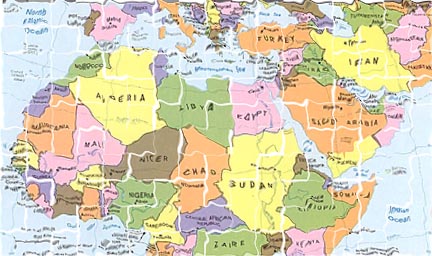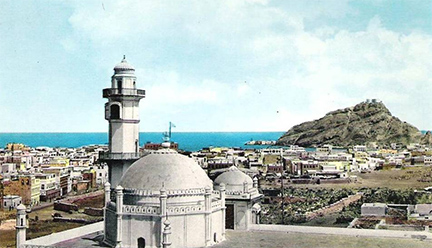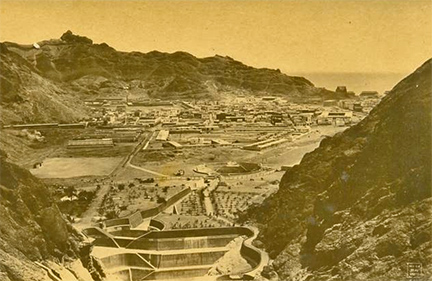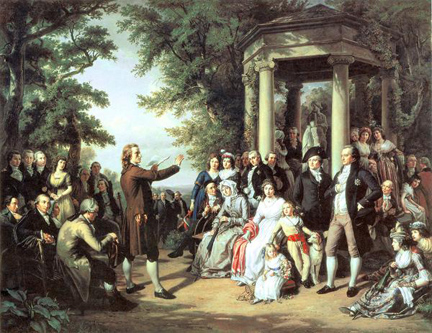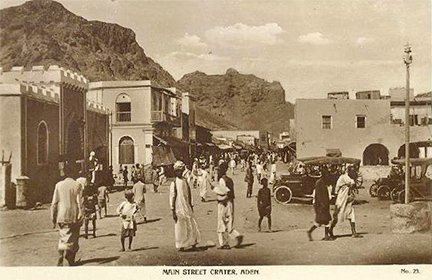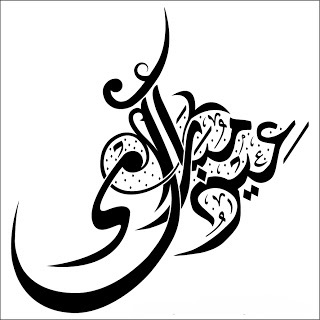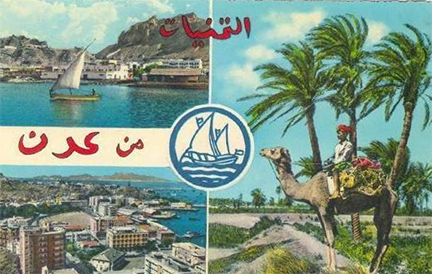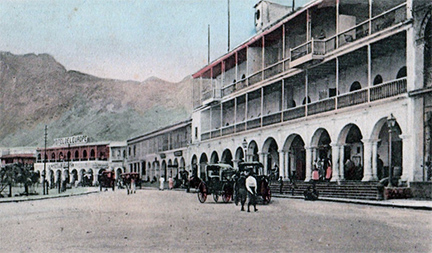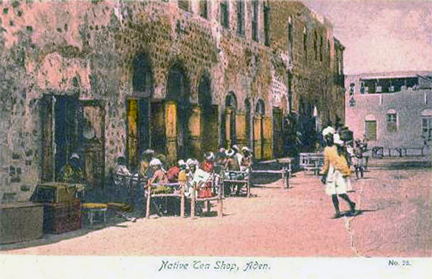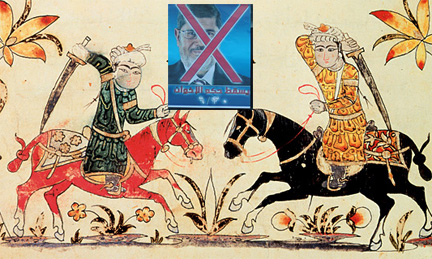
I have been reading a number of Mamluk historians recently and the turn of events in Egypt since the removal of President Morsi is an eerie reminder that the history of Egypt is more than the Nile, as Herodotus once put it; Egypt is the home of coup after coup from the Pharaohs to the Greeks to the early Muslims who founded Cairo to Fatimids, Ayyubids, Mamluks, Ottomans, Napoleon, the British and Nasser. The Nile still flows and the blood still spills out in the ongoing history of civil strife. The history of Egypt beyond the pyramids that the tourists photograph is very much about the military.
Today the Egyptian military and security forces followed through on their warning that they would clear the Muslim Brotherhood sit-ins in Cairo. The rhetoric for the past month has literally gone ballistic. The government has painted the Brotherhood as a band of intolerant terrorists, while the Brotherhood has made it seem as though they are martyrs for democracy. In all of this there must be some who wish for the days of Mubarak, just as some Iraqis long for the relative security of Saddam Hussein. The Arab Spring, which brought down dictator after dictator, has sprung a leak and a steady flow of blood is oozing out, literally hemorrhaging in the case of Syria, Iraq, Afghanistan and now Egypt.
Reports this morning from both sides in the conflict stretch the meaning of hyperbole. The government claims only 16 or so dead in all of Egypt, while a spokesman for the Brotherhood said thousands have been killed and tens of thousands injured. The truth is quite obviously in between. Continue reading Egypt Erupts
